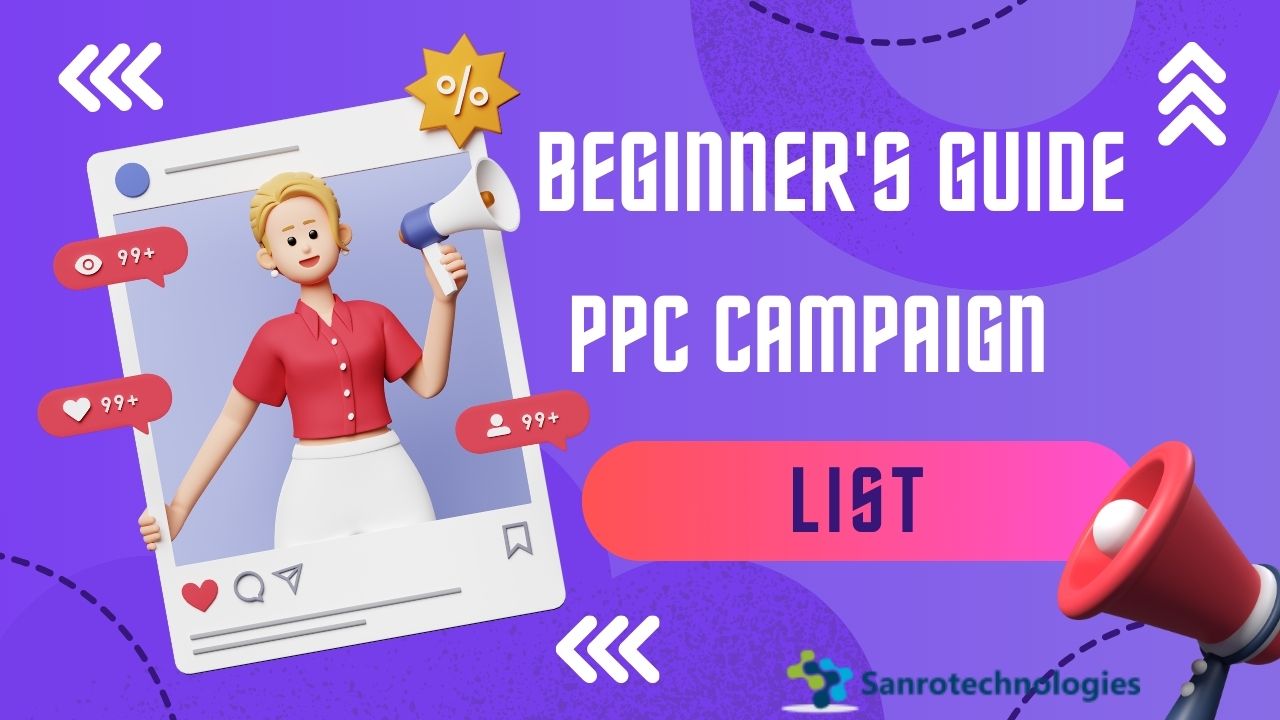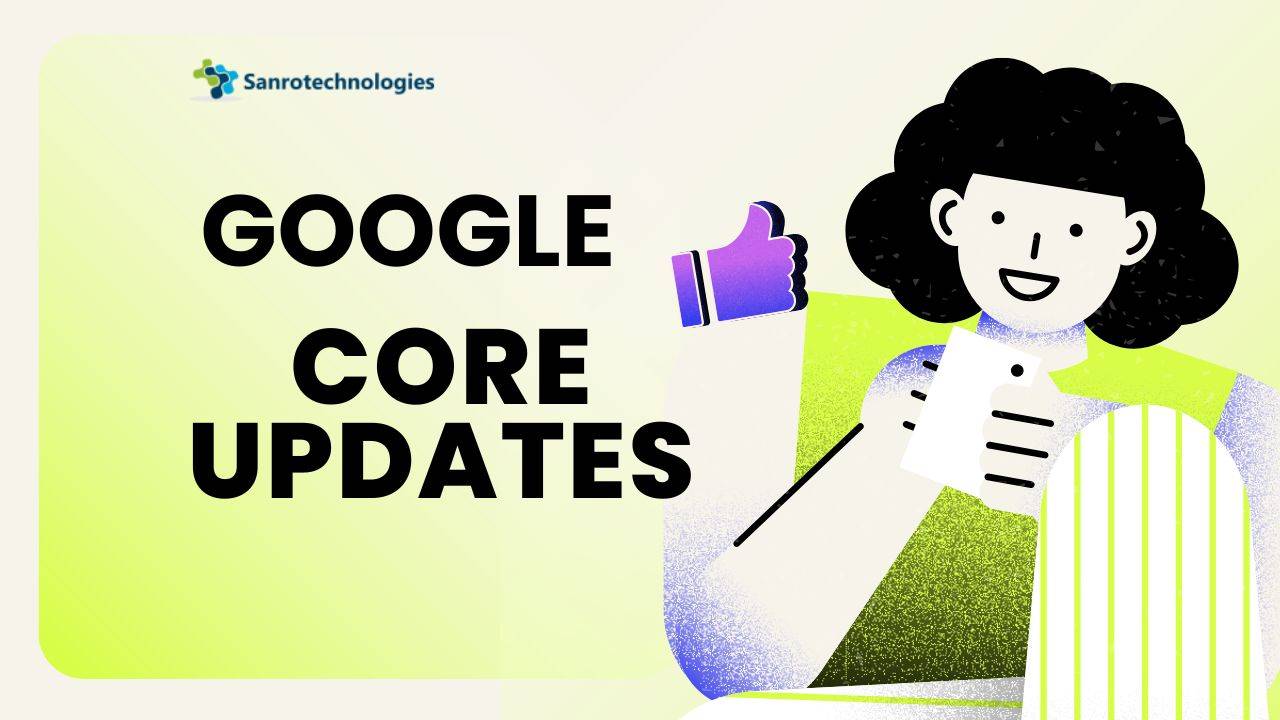Hello, friend! Today, we’re going to talk about those little things called web cookies. Almost every time you visit a website, it asks if you want to accept them. But what ARE these cookies, & why do websites want us to agree to them? Get yourself a snack or drink. Let us dig into this sweet (no pun intended) journey of understanding web cookies together.
What Are Web Cookies?
Web cookies are tiny data bits your browser keeps when you check out websites. It’s like the site’s way to recall who you are. You know, like how a buddy remembers what you last talked about.
Brief History of Web Cookies
Back in 1994, someone came up with cookies for an online shopping thing. The idea was to make online shopping more personal and smoother. They had no clue they were creating something that had become super important on the internet today.
Different Types of Web Cookies
1. Session Web Cookies
Picture clicking around on a site and it keeps forgetting who you are every time. Annoying, right? That’s why session cookies exist. They remember what you are doing until you leave the site.
2. Persistent Cookies
Ever seen sites say “Hi” with your name or remember what you liked days or weeks later? That is because of persistent cookies. They hang around on your browser for a while, remembering your steps & preferences.
3. Third-Party Web Cookies
These guys come from other sites rather than the one you’re visiting. Mostly for tracking and ads—they help send ads that get what you might want.
How Web Cookies Work
1. The Process
Visit a site for the first time—it sends a cookie your way. This cookie is saved on your gadget and the next time you drop by, it sends it back to the site letting it in on your browsing moves.
2. The Browsers
All the big browsers let cookies in. But each has its way of letting you manage these little data snippets so you can control what is kept & for how long.
Information Stored by Web Cookies
1. Personal Identification Information (PII)
A few cookies save tiny bits of PII like maybe your name or email—especially if you have typed this in before.
2. Browsing Habits and Preferences
Seen how some sites recall what language you prefer or what items are in your shopping cart? Yes, that’s cookies making browsing easy & just for you.
3. Session Information
Session cookies track stuff you do during one visit, like things you pick to buy—making shopping sites work better.
The Purpose of Web Cookies
1. Website Functionality
Cookies matter a lot for basic stuff online, like logging in during your session or remembering what is in your shopping cart. They help us keep things running smoothly.
2. Analytics & Tracking for Web Cookies
Website owners gather data using cookies. They want to know how visitors interact with their sites. This helps them improve user experience & offer more matching content.
3. Personalization
Cookies let websites adjust to each user’s likes. They remember language settings (& ads too).
4. Advertising
Marketers use cookies to figure out your online behavior. This lets them show ads you’ll probably like.
Privacy Concerns and Cookies
1. Potential Risks for Web Cookies
Cookies do make browsing better, but they also have some privacy concerns. You might feel a bit uncomfortable being “tracked” online or worrying if your info is being misused.
2. Legislation & Regulations
Luckily, rules like GDPR in Europe & CCPA in California help protect users’ privacy. They give you rights over your data and its usage.
Managing Cookies
1. How to View Cookies
Wondering what cookies are stored on your browser? Most browsers let you peek at ’em through settings or the privacy section.
2. How to Delete Cookies
If worried about privacy, you can delete cookies manually via browser settings. It might ‘reset’ some browsing stuff, but it’s good digital hygiene.
Disabling Cookies
Disabling cookies is an option if you want no interruptions, though it might affect some site functions.
Best Practices for Users
1. Staying Informed
Knowledge? It’s power! Understanding cookies helps you navigate the web more safely & make smart data choices.
2. Regularly Clearing Cookies
Make it a habit to clear cookies on the regular—it’s a simple way to protect online privacy.
3. Utilizing Browser Privacy Features
Most browsers offer extras like incognito mode or blocking third-party cookies. These add more privacy layers.
Remember: Cookies aren’t bad by default. They enrich our online experiences and make things personal. Still, staying informed and managing them as you’re comfortable is key. Happy browsing—hoping for a web that respects your privacy AND preferences!
FAQs
1. How do I find cookies stored on my computer?
Most browsers let you see cookies right from the settings menu.
2. Can cookies track my info?
Yup, they can store personal info—but you can manage it through browser settings.
3. Do all sites use cookies?
Not every site does, but most do for better user experience.
4. How can I turn off cookies?
It’s usually possible in the browser’s privacy settings; may affect some browsing functions though.
5. Are cookies harmful?
Nope, not harmful by themselves; incorrect management might infringe on your privacy.
Conclusion
Are you an upcoming eCommerce player looking to expand outreach? Enhance engagement with social media strategies customized for business. Partner with Sanrotechnologies! Our strategies help explore exciting prospects & boost engagement through interactive content.
We cover every platform and content form to maximize benefits! Connect with us to improve your social presence and unlock new business opportunities.







